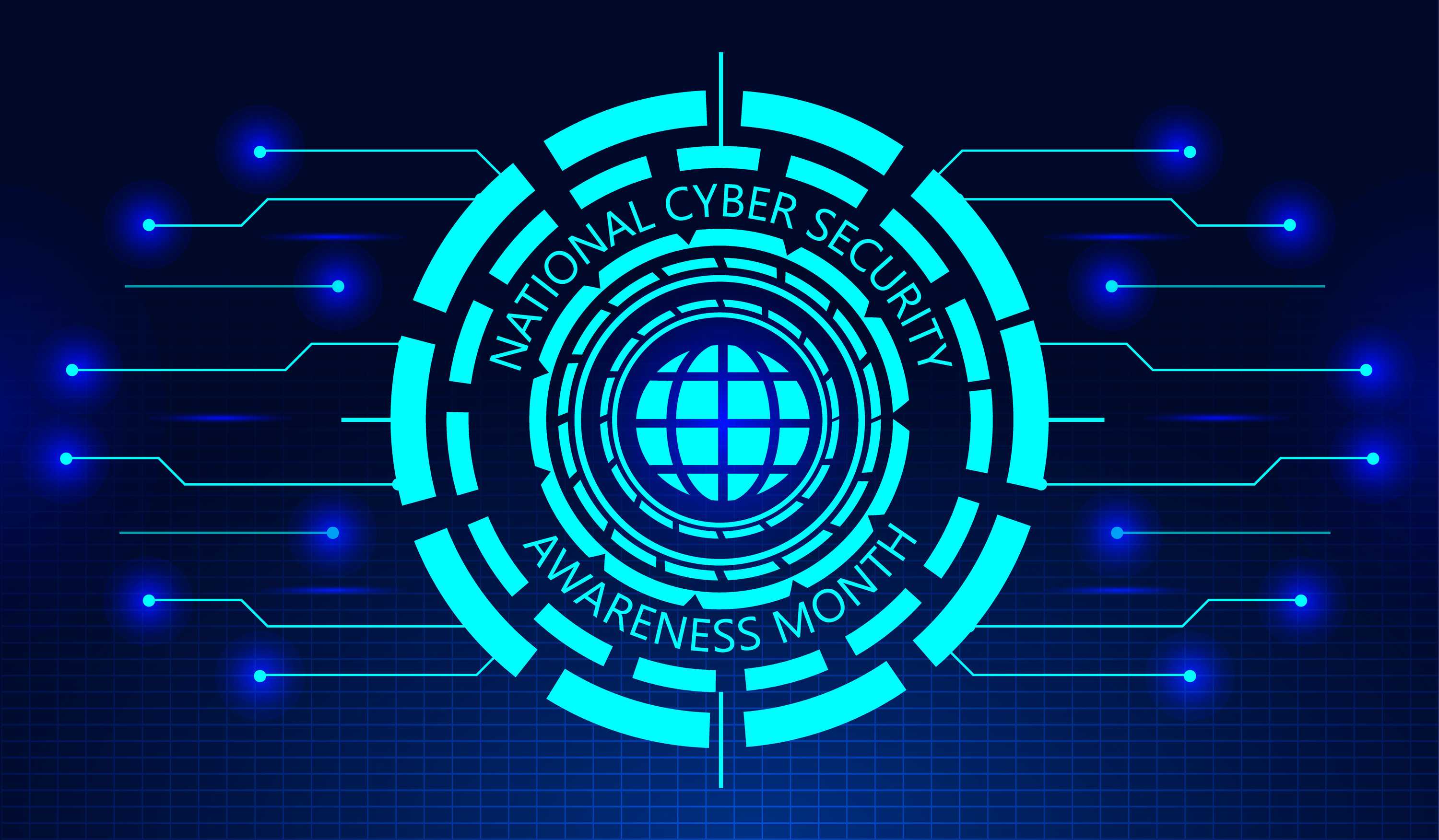5 Ways to Protect Your Cloud Storage from Ransomware

A ransomware attack can be devastating to your business. This sneaky form of malware works by encrypting the data in your corporate files, rendering them inaccessible until a ransom is paid. If you don’t pay the ransom, you’ll lose your files forever. Depending on the nature of the data, there’s also the risk that the attackers who stole your files could leak them to the public or sell them on the Dark Web. The ransomware threat is growing year on year. Research shows that almost 4 in 10 businesses globally suffered a ransomware attack last year.
With the rise of ransomware-as-a-service, it’s inevitable that ransomware attacks will continue to surge in 2022. Another big security threat businesses need to know about is the risk of cloud security data breaches. IDC found that 90% of companies experienced a cloud data breach in the last 18 months. Now, imagine if the two biggest threats to your company’s security combined: ransomware in the cloud. Additionally, the damage to your business could be huge, especially if ransomware manages to get into your cloud storage. A ransomware variant could wipe out all of your critical data and files, grinding your business operations to a standstill.
Why is the Cloud Susceptible to Ransomware Attacks?
While cloud providers put a lot of effort and money into keeping cloud infrastructure secure, your business also has a role to play in cloud security. Essentially, cloud providers need to ensure the infrastructure is secure. And you need to ensure that you’ve configured the services you use securely. This means ensuring that only verified, authorized employees have access to cloud data. Additionally, it means that permissions are set to private, so your cloud environment isn’t exposed to the wider internet.
For many companies, this is where things get confusing. Cloud configurations can be difficult to manage – especially for companies that don’t have internal IT and security expertise. Moreover, even if you’ve correctly configured your cloud services, there’s always the risk that an employee could fall for a phishing email that triggers ransomware in the cloud. Lastly, if a hacker gets their hands on your employee’s cloud credentials, they could launch malware in your cloud environment this way.
How Can My Company Stop the Cloud From Becoming Impacted by Ransomware
Given the multitude of ways by which hackers can compromise your cloud with ransomware, you need to take a multi-level approach to securing your company. Here are some critical tactics to consider:
- Implement the principle of zero trust: In a zero trust security model, you ensure that employees only have access to data that they need to do their jobs. You need to consistently verify that users are who they say they are. You can do this through tools like multi-factor authentication and single sign on. Additionally, implementing zero trust reduces the likelihood of a cybercriminal using compromised credentials to break into your cloud environment.
- Keep your employee logs up to date: Your employees will have several cloud and application accounts. When they leave a company, ensure that these accounts are disabled quickly. Additionally, this reduces the likelihood of credentials compromise.
- Tackle misconfigurations: It’s way too easy for a hacker to target your cloud storage with ransomware if it’s left open to the public. Make sure you have procedures in place to prevent cloud misconfigurations, such as written policies and tools to enforce privacy-by-default. If you’d like assistance with monitoring your cloud environment, we offer bespoke services to improve security.
- Utilize logging and monitoring tools: Cloud providers offer a range of tools to help you discover anomalous activity in the cloud. This can help you to find and prevent malicious actors in action.
- Duplicate cloud instances with sensitive data: For cloud instances that store sensitive data, your best bet is to put a rigorous, automatic backup regime in place. Additionally, with backups in place, if your cloud is compromised, you won’t lose your data for good and won’t have to pay a ransom.
Overall, the ransomware threat shows no sign of slowing this year. As more businesses embrace the cloud, cyber criminals are beginning to re-target their ransomware efforts with the aim of corrupting cloud storage. To protect against ransomware in the cloud, you need to be proactive about how you approach cloud security. We advise working with a managed IT provider like us. We can help you to improve security in the cloud. Additionally, we can help you to find new efficiencies that reduce costs and accelerate employee productivity.
Bolster Your Cloud Security Strategy Today!
Are you confident that your cloud storage is safe from ransomware? If you’re concerned, Copperband Technologies can help your southern Kentucky or Middle Tennessee business to improve security. Contact us today to schedule a consultation! Call 931.263.8000 or reach us online.






